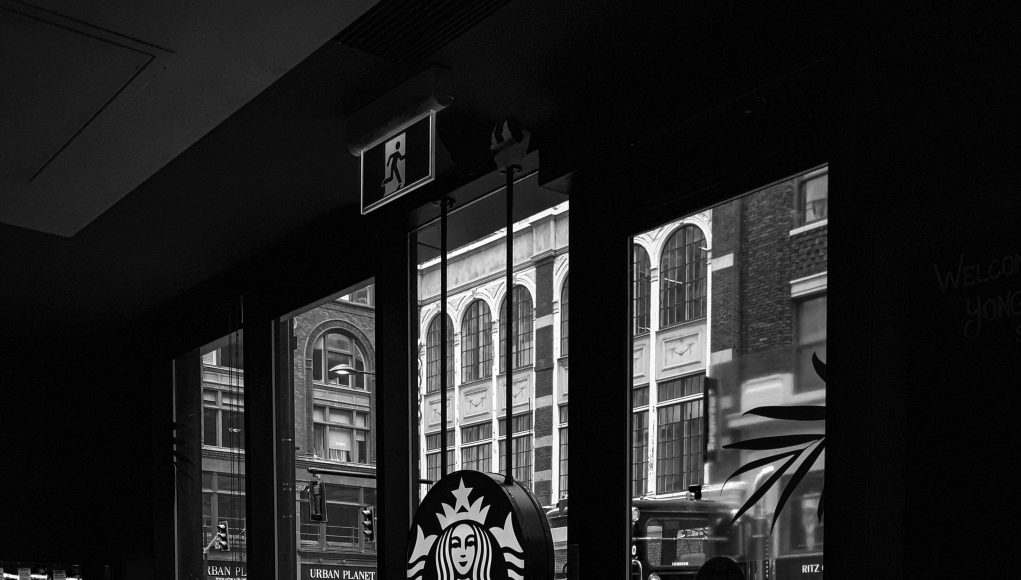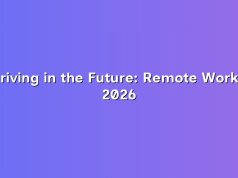The sight of workers holding signs, chanting slogans, and demanding change outside Starbucks stores has become increasingly familiar across the United States. Over the past few years, Starbucks employees have been organizing protests and strikes to advocate for better wages, improved working conditions, and the right to unionize. These actions are emblematic of a broader awakening among workers in the service industry, challenging decades of corporate dominance and stagnant labor rights.
While critics may see these actions as disruptive or misguided, the reality is that they represent a long-overdue recalibration of power in the workplace. For far too long, workers—especially those in service industries like Starbucks—have faced precarious conditions, low pay, and a lack of benefits, even as companies post record profits. The Starbucks protests are not just about one company but a signal of a larger trend: the reassertion of labor rights as a critical component of economic justice.
A New Era of Labor Activism
The Starbucks protests are part of a growing movement of labor activism that has gained momentum in recent years. From warehouse workers at Amazon to fast-food employees in chains like McDonald’s, workers across industries are increasingly standing up to demand better treatment. For Starbucks employees, the issues are clear: many workers report being overworked, understaffed, and underpaid. Despite the company’s reputation for being a progressive employer—with benefits like tuition assistance and health insurance—many workers argue that these perks often fall short of addressing their real needs.
One of the most prominent issues at the heart of these protests is unionization. Workers at several Starbucks locations have voted to unionize, an unprecedented move for the company. However, these efforts have often been met with resistance from management, including alleged union-busting tactics such as firing pro-union workers or closing unionized stores. Despite these challenges, the push for unionization at Starbucks is gaining traction, inspiring similar efforts in other companies.
Why Worker Protests Matter
At their core, the protests at Starbucks—and similar actions across other industries—are about equity and fairness. Workers are demanding a seat at the table, seeking to negotiate for conditions that reflect the value they bring to their employers. After all, it is the baristas, cashiers, and store managers who interact with customers, brew the coffee, and keep the operations running smoothly. Their contributions are the backbone of the company’s success.
Moreover, the protests highlight a broader societal issue: the growing inequality between workers and executives. While Starbucks CEO compensation has soared into the millions, many of its employees struggle to make ends meet on hourly wages that barely cover the cost of living. This stark disparity underscores the need for systemic change in how companies value and compensate their workers.
Optimism for the Future
Despite the challenges, there is reason to be optimistic about the potential for change. The increasing visibility of worker protests and unionization efforts has sparked widespread public support. Polls consistently show that Americans overwhelmingly favor unions, with many recognizing their role in promoting fair wages and protecting workers’ rights. This growing solidarity has put pressure on companies like Starbucks to address workers’ demands rather than dismiss them.
Additionally, the Starbucks protests have illuminated a path forward for other workers in similar situations. By organizing, voicing their concerns, and leveraging public support, workers are demonstrating that collective action can lead to tangible results. Even in cases where demands have not yet been fully met, the act of protesting itself has raised awareness and created momentum for future efforts.
The Role of Companies
While the focus of these protests is understandably on the workers, companies like Starbucks also have an opportunity to take a proactive role in fostering change. Instead of resisting unionization and ignoring worker concerns, Starbucks could embrace these movements as a chance to lead by example. By engaging in good-faith negotiations with workers and addressing their grievances, the company could set a new standard for corporate responsibility in the service industry.
This approach is not just ethically sound but also makes good business sense. Studies have shown that companies with happy, well-compensated employees tend to have higher productivity and lower turnover rates. By investing in their workforce, Starbucks could build a more sustainable and resilient business model while enhancing its reputation as a socially responsible employer.
A Turning Point in Labor Relations
The protests at Starbucks are more than just isolated incidents—they represent a turning point in how workers across industries view their rights and their power. As these movements continue to gain traction, they have the potential to reshape labor relations in the United States, paving the way for a fairer and more equitable economy.
The optimism surrounding these efforts is not misplaced. History has shown that meaningful change often comes from the ground up, driven by ordinary people who refuse to accept the status quo. From the labor movements of the early 20th century to the civil rights struggles of the 1960s, progress has always been fueled by the courage and determination of those willing to fight for justice.
Today, Starbucks workers are carrying that legacy forward, challenging one of the world’s most recognizable companies to live up to its values. Their efforts are a reminder that change is not only possible but inevitable when people come together to demand it.
Conclusion
The Starbucks protests are a powerful testament to the resilience and determination of workers in the face of adversity. While the road ahead may be fraught with challenges, the progress made so far is cause for hope. By standing up for their rights, Starbucks workers are not just advocating for themselves but also inspiring others to do the same.
As these movements continue to grow, they have the potential to create a ripple effect, transforming the service industry and beyond. The path to a more just and equitable society starts with actions like these, driven by the belief that every worker deserves dignity, respect, and a fair share of the prosperity they help create. For Starbucks workers and all those fighting for better conditions, the future looks brighter than ever.




























